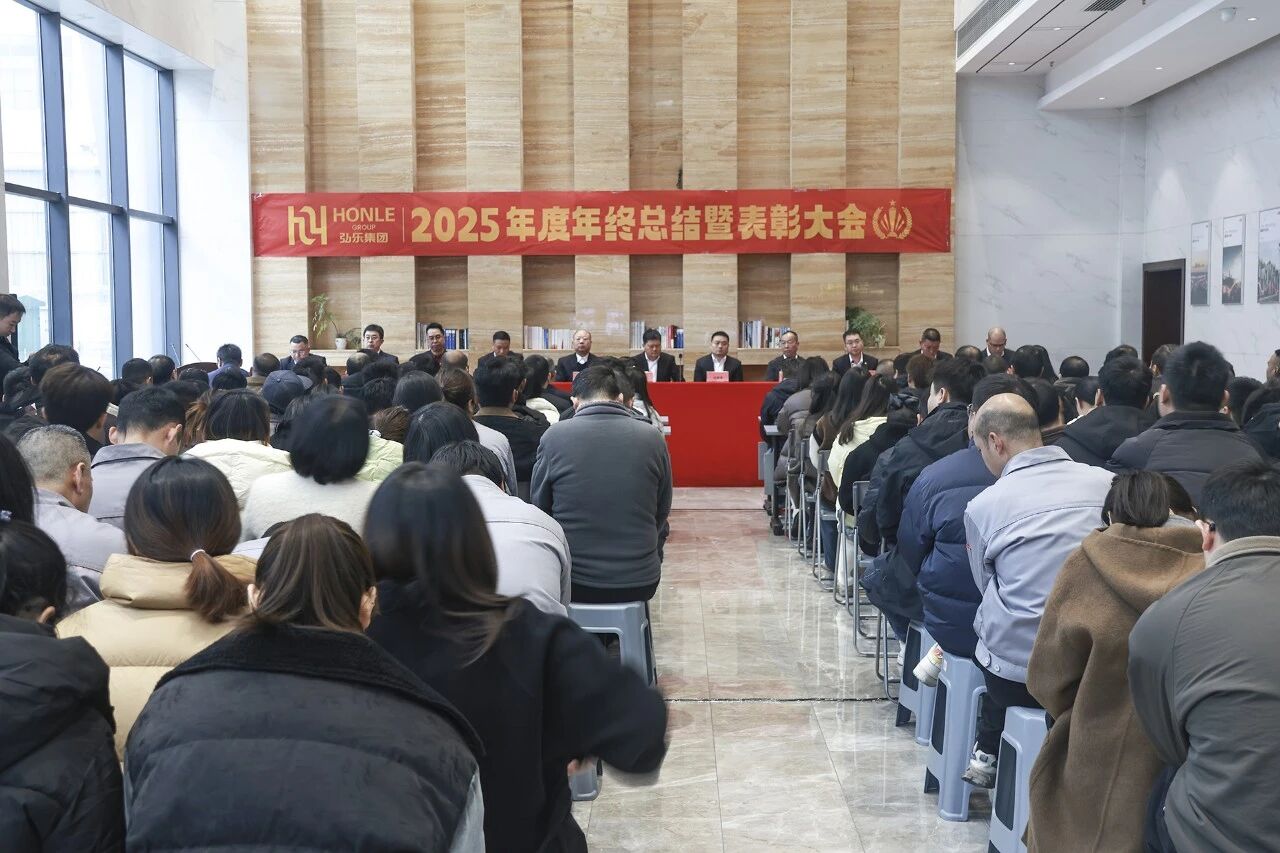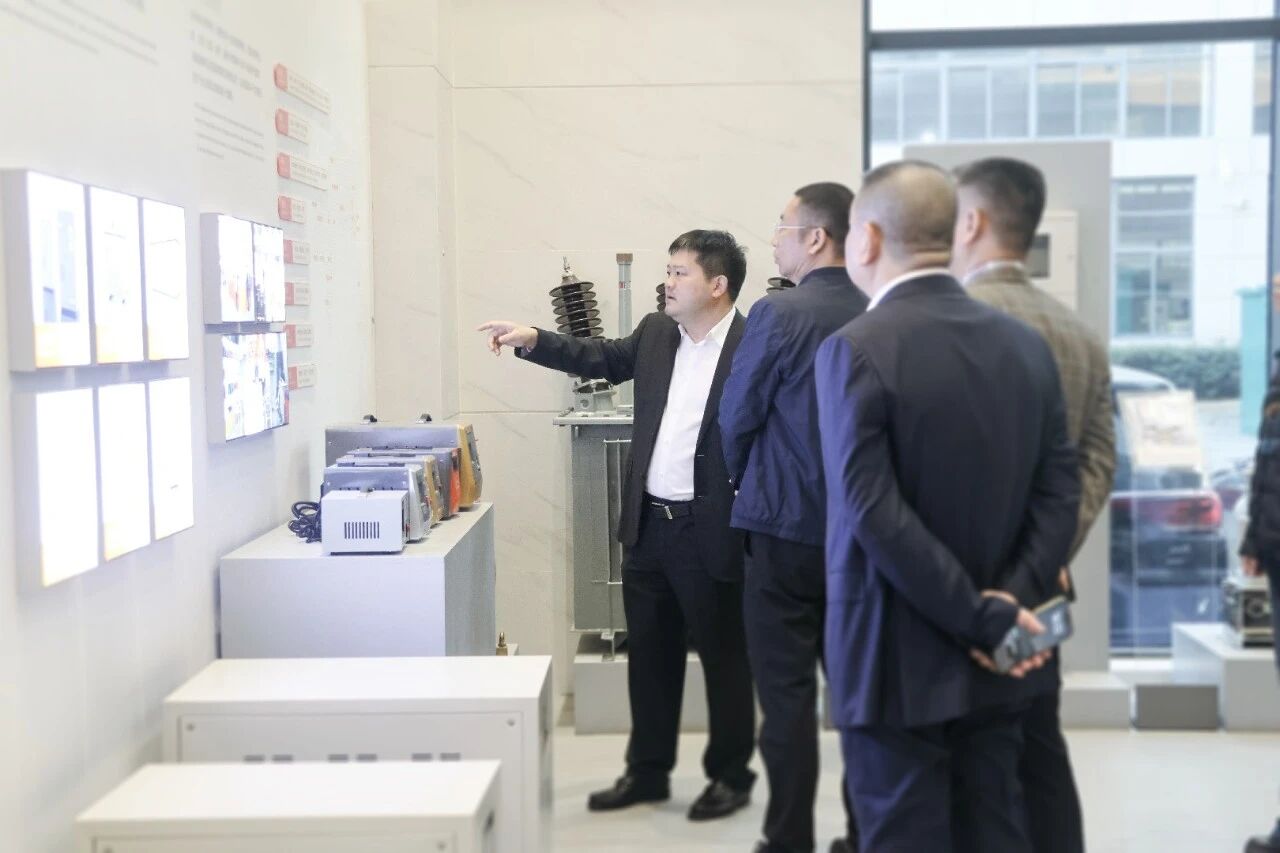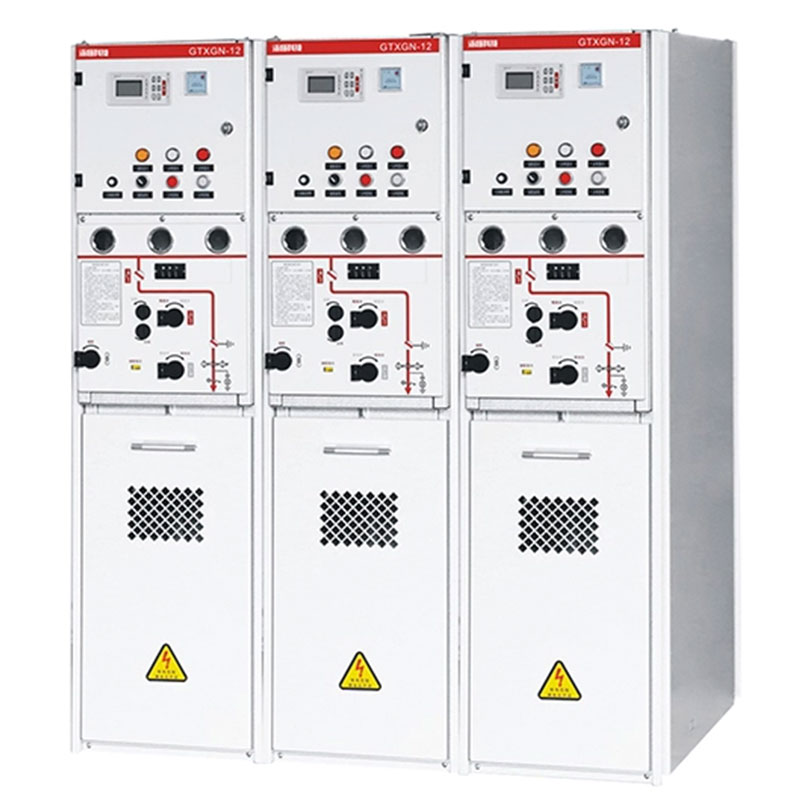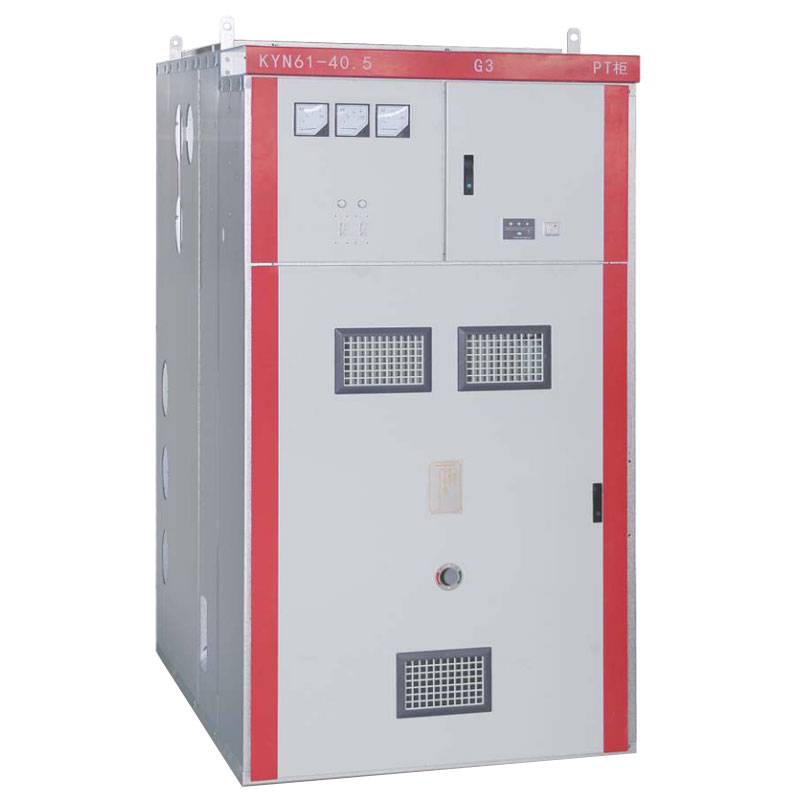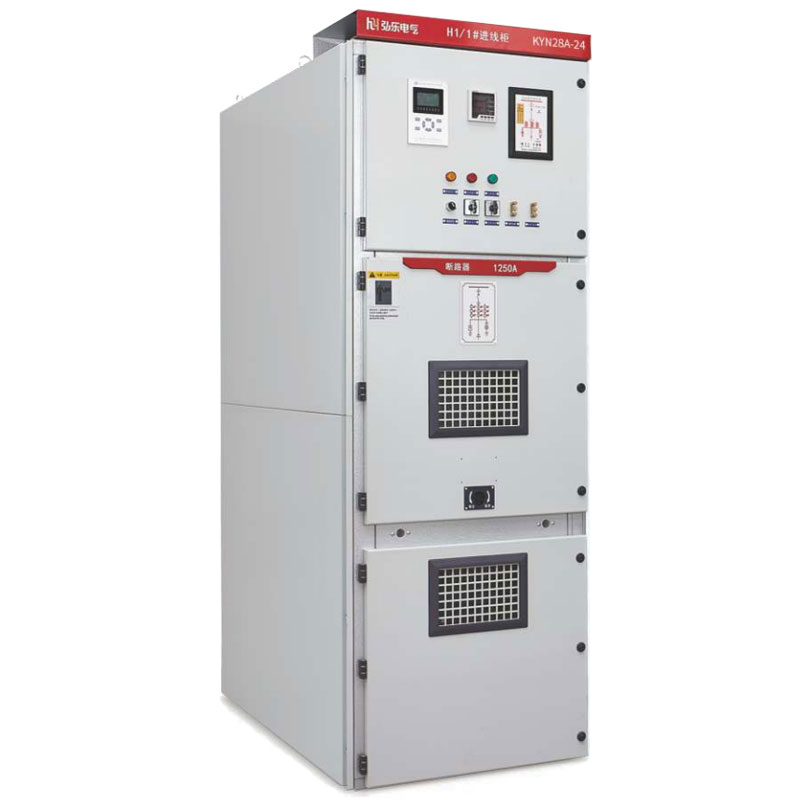What is the difference between dry type transformers and oil immersed transformers?

 Site Editor
Site EditorIntroduction to transformers
Transformers are an essential component of the power grid, converting high voltage, low current electrical energy into low voltage, high current electricity that can be practically used. Two of the most common types of transformers are dry-type transformers and oil-immersed transformers. Both types have their own advantages and disadvantages, and their suitability depends on the specific requirements of the application. In this article, we will discuss the key differences between these two types of transformers, their strengths and weaknesses, and their respective applications and usage.

Advantages and disadvantages of dry type transformers
Dry type transformers are designed without any insulating liquid, and they rely on air to cool and insulate the windings. They are environmentally friendlier than oil-immersed transformers as they do not require any oil, which could spill and pollute the environment. Dry-type transformers can also be safer, as there is no risk of oil leaks or explosions. Moreover, dry-type transformers do not require any special infrastructure or preparation, such as oil containment pits, which makes them easier to install and maintain.
However, dry-type transformers also have some disadvantages. Due to the lack of cooling liquid, they are less efficient than oil-immersed transformers, which means that they tend to be more massive and occupy more space for the same power rating. Dry-type transformers also have a lower temperature tolerance, which limits their application in high-temperature environments. Finally, dry-type transformers are generally more expensive than oil-immersed transformers.

Advantages and disadvantages of oil immersed transformers
Oil immersed transformers, also known as liquid-filled transformers, are immersed in an insulating oil that cools and insulates the windings. This oil is an essential component of the transformer, as it provides better insulation and cooling properties than air or other gases. Oil-immersed transformers have several advantages over dry-type transformers. Firstly, they are more efficient, as the oil helps to dissipate heat and reduces energy losses. Secondly, they can operate at higher temperatures, which makes them suitable for high-temperature applications. Thirdly, oil-immersed transformers are generally more cost-effective than dry-type transformers, especially for higher power ratings.
However, oil-immersed transformers also have several disadvantages. Firstly, they are more prone to leaks and explosions, which could be hazardous to both people and the environment. Secondly, they require special infrastructure and preparation to prevent oil spills and leaks, such as oil containment pits, which could be costly and time-consuming to build and maintain. Thirdly, they require regular maintenance, including oil testing and replacement, which could be expensive and time-consuming.

Dry type and oil immersed transformer applications
Dry-type transformers are typically used in indoor applications, such as buildings, hospitals, and data centers, where fire safety is a significant concern. They are also suited for outdoor applications, such as in areas with harsh climates, where oil-immersed transformers may not be as suitable. In contrast, oil-immersed transformers are typically used in outdoor applications, such as in power plants, substations, and distribution networks, where higher power ratings and better efficiency are required.
Conclusion
Both dry-type transformers and oil-immersed transformers have their advantages and disadvantages, and their suitability depends on the specific requirements of the application. Dry-type transformers are environmentally friendlier and safer but tend to be less efficient and more expensive. Oil-immersed transformers are more efficient and cost-effective but are more prone to leaks and require regular maintenance. Understanding the differences between these two types of transformers is essential to selecting the right one for the intended application.
One of the advantages of dry-type transformers is that they are environmentally-friendly and pose lower fire hazards compared to oil-filled units. Additionally, they have a simpler design, are easier to install, and require less maintenance than oil-filled counterparts. Dry-type transformers are also less noisy than oil-immersed transformers, making them better suited for applications that require low noise levels.

Despite these benefits, dry-type transformers also have some drawbacks. For instance, they have lower overload capacity and are not suitable for applications that require large power output. Dry-type transformers are also more expensive to purchase than oil-immersed transformers.
In contrast, oil-immersed transformers have higher overload capacity and are more suitable for high voltage applications. They are also more resilient to extreme conditions, such as high temperature and moisture. However, their use carries an inherent fire and environmental risk. In case of a malfunction or leakage, the oil can cause severe environmental pollution, not to mention the risk of fire that can occur due to a spark or overheating.
In summary, the choice between dry-type and oil-immersed transformer depends on the application requirements, budget, and safety considerations. While dry-type transformers are cost-effective, efficient, and practical for low voltage applications, oil-immersed transformers are more suitable for high voltage applications, especially in harsh environments. In general, the selection of the appropriate transformer should be based on a thorough analysis of the specific needs, taking into account the advantages and disadvantages of each type.


